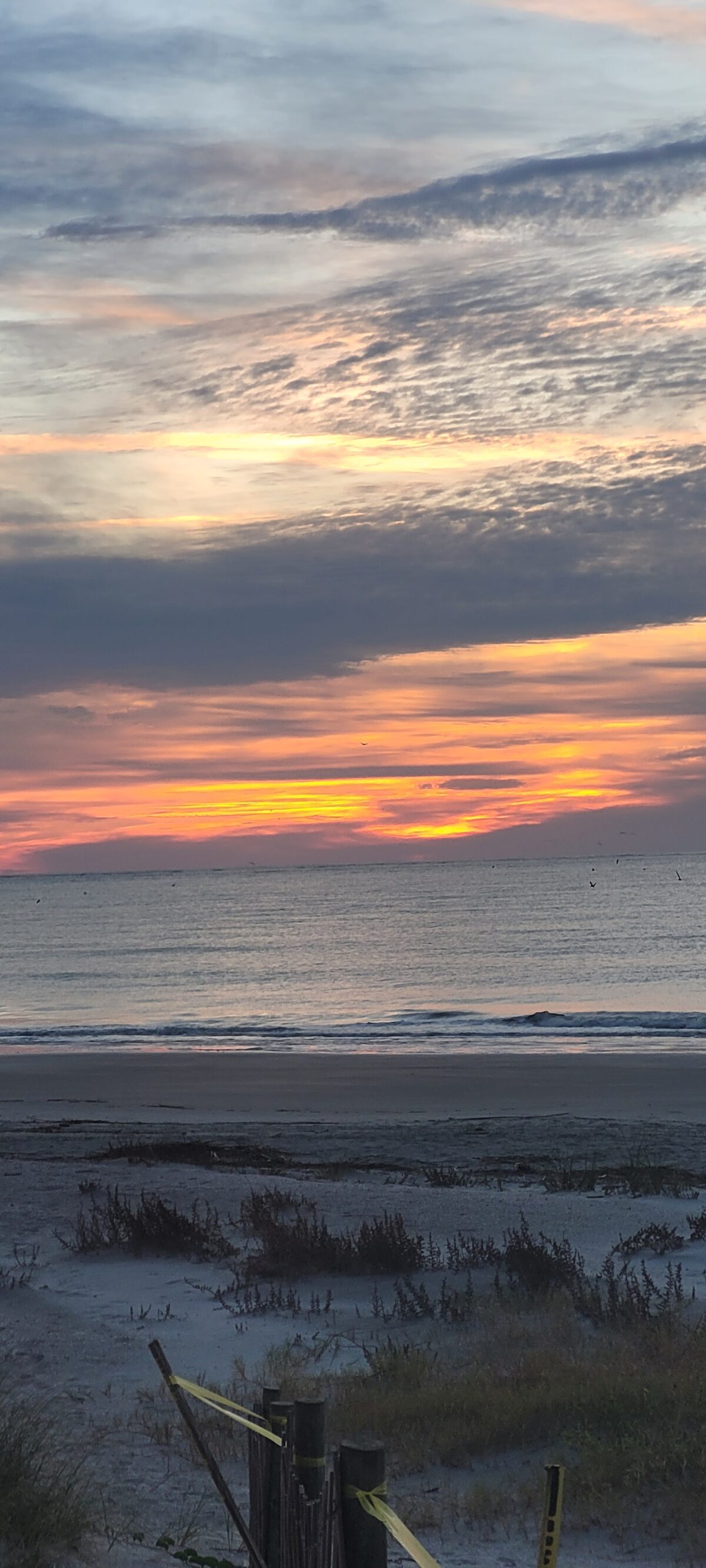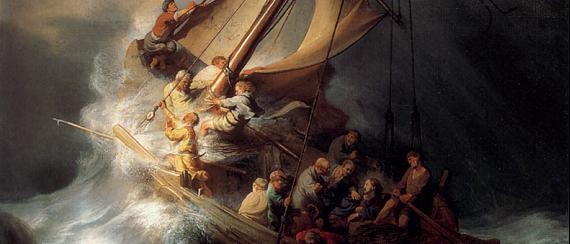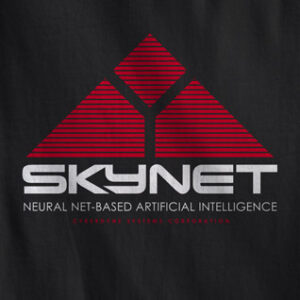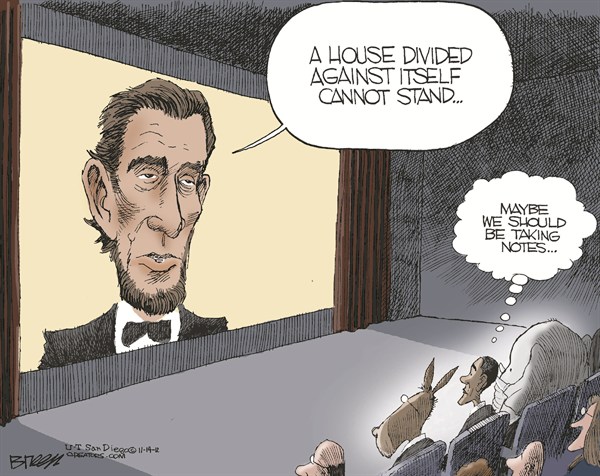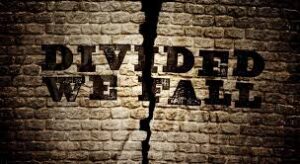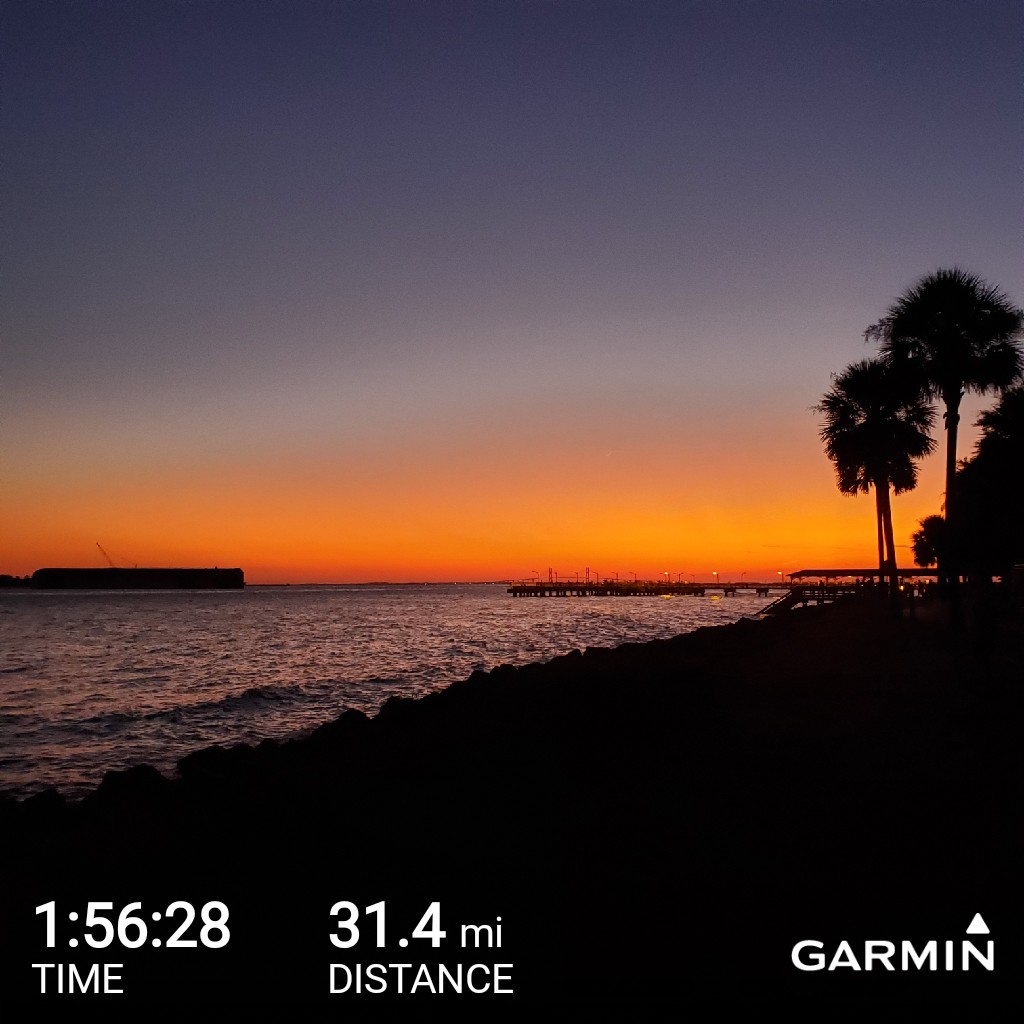This article offers an interesting perspective on what we believe Heaven and Hell is. It draws one to think like much of what history is. It is the thinking of people designed to categorize and allows one to pridefully assume they are either the best or the worst.
Hell therefore in thinking this way, it is for all those people who do not believe as you or are wrong because you are right.
https://www.nytimes.com/2020/01/10/opinion/sunday/christianity-religion-hell-bible.html
Why Do People Believe in Hell?
The idea of eternal damnation is neither biblically, philosophically nor morally justified. But for many it retains a psychological allure.
By David Bentley Hart
Dr. Hart is a philosopher, scholar of religion and cultural critic.
Once the faith of his youth had faded into the serene agnosticism of his mature years, Charles Darwin found himself amazed that anyone could even wish Christianity to be true. Not, that is, the kindlier bits – “Love thy neighbor” and whatnot – but rather the notion that unbelievers (including relatives and friends) might be tormented in hell forever.
It’s a reasonable perplexity, really. And it raises a troubling question of social psychology. It’s comforting to imagine that Christians generally accept the notion of a hell of eternal misery not because they’re emotionally attached to it, but because they see it as a small, inevitable zone of darkness peripheral to a larger spiritual landscape that – viewed in its totality – they find ravishingly lovely. And this is true of many.
But not of all. For a good number of Christians, hell isn’t just a tragic shadow cast across one of an otherwise ravishing vista’s remoter corners; rather, it’s one of the landscape’s most conspicuous and delectable details. If one happens to conduct a bible study, most often they might be presented with the same information.
I know whereof I speak. I’ve published many books, often willfully provocative, and have vexed my share of critics. But only recently, in releasing a book challenging the historical validity, biblical origins, philosophical cogency, and moral sanity of the standard Christian teaching on the matter of eternal damnation, have I ever inspired reactions so truculent, uninhibited, and (frankly) demented.
I expect, of course, that if people have taken up specific youth ministry lessons, they can defend the faith they’ve been taught. What I find odd is that, in my experience, raising questions about this particular detail of their faith evinces a more indignant and hysterical reaction from many believers than would almost any other challenge to their convictions. Something unutterably precious is at stake for them. Why?
After all, the idea comes to us in such a ghastly gallery of images: late Augustinianism’s unbaptized babes descending in their thrashing billions to a perpetual and condign combustion; Dante’s exquisitely psychotic dreamscapes of twisted, mutilated, broiling souls; St. Francis Xavier morosely informing his weeping Japanese converts that their deceased parents must suffer an eternity of agony; your poor old palpitant Aunt Maude on her knees each night in a frenzy of worry over her reprobate boys; and so on.
Surely it would be welcome news if it turned out that, on the matter of hell, something got garbled in transmission. And there really is room for doubt.
No truly accomplished New Testament scholar, for instance, believes that later Christianity’s opulent mythology of God’s eternal torture chamber is clearly present in the scriptural texts. It’s entirely absent from St. Paul’s writings; the only eschatological fire he ever mentions brings salvation to those whom it tries (1 Corinthians 3:15). Neither is it found in the other New Testament epistles, or in any extant documents (like the Didache) from the earliest post-apostolic period. There are a few terrible, surreal, allegorical images of judgment in the Book of Revelation, but nothing that, properly read, yields a clear doctrine of eternal torment. Even the frightening language used by Jesus in the Gospels, when read in the original Greek, fails to deliver the infernal dogmas we casually assume to be there.
On the other hand, many New Testament passages seem – and not metaphorically – to promise the eventual salvation of everyone. For example: “Therefore, as one trespass led to condemnation for all men, so one act of righteousness leads to justification and life for all men.” (Romans 5:18) Or: “For as in Adam all die, so also in Christ shall all be made alive.” (1 Corinthians 15:22) Or: “He is the propitiation for our sins, and not for ours only but also for the sins of the whole world.” (1 John 2:2) (Or: John 13:32; Romans 11:32; 1 Timothy 2:3-6; 4:10; Titus 2:11; and others.)
Admittedly, much theological ink has been spilled over the years explaining away the plain meaning of those verses. But it’s instructive that during the first half millennium of Christianity – especially in the Greek-speaking Hellenistic and Semitic East – believers in universal salvation apparently enjoyed their largest presence as a relative ratio of the faithful. Late in the fourth century, in fact, the theologian Basil the Great reported that the dominant view of hell among the believers he knew was of a limited, “purgatorial” suffering. Those were also the centuries that gave us many of the greatest Christian “universalists”: Clement of Alexandria, Origen, Gregory of Nyssa, Didymus the Blind, Theodore of Mopsuestia, Diodore of Tarsus and others.
Of course, once the Christian Church became part of the Roman Empire’s political apparatus, the grimmest view naturally triumphed. As the company of the baptized became more or less the whole imperial population, rather than only those people personally drawn to the faith, spiritual terror became an ever more indispensable instrument of social stability. And, even today, institutional power remains one potent inducement to conformity on this issue.
Still, none of that accounts for the deep emotional need many modern Christians seem to have for an eternal hell. And I don’t mean those who ruefully accept the idea out of religious allegiance, or whose sense of justice demands that Hitler and Pol Pot get their proper comeuppance, or who think they need the prospect of hell to keep themselves on the straight and narrow. Those aren’t the ones who scream and foam in rage at the thought that hell might be only a stage along the way to a final universal reconciliation. In those who do, something else is at work.
Theological history can boast few ideas more chilling than the claim (of, among others, Thomas Aquinas) that the beatitude of the saved in heaven will be increased by their direct vision of the torments of the damned (as this will allow them to savor their own immunity from sin’s consequences). But as awful as that sounds, it may be more honest in its sheer cold impersonality than is the secret pleasure that many of us, at one time or another, hope to derive not from seeing but from being seen by those we leave behind.
How can we be winners, after all, if there are no losers? Where’s the joy in getting into the gated community and the private academy if it turns out that the gates are merely decorative and the academy has an inexhaustible scholarship program for the underprivileged? What success can there be that isn’t validated by another’s failure? What heaven can there be for us without an eternity in which to relish the impotent envy of those outside its walls?
Not to sound too cynical. But it’s hard not to suspect that what many of us find intolerable is a concept of God that gives inadequate license to the cruelty of which our own imaginations are capable.
An old monk on Mount Athos in Greece once told me that people rejoice in the thought of hell to the precise degree that they harbor hell within themselves. By which he meant, I believe, that heaven and hell alike are both within us all, in varying degrees, and that, for some, the idea of hell is the treasury of their most secret, most cherished hopes – the hope of being proved right when so many were wrong, of being admired when so many are despised, of being envied when so many have been scorned.
And as Jesus said (Matthew 6:21), “Where your treasure is, there will your heart be also.”
David Bentley Hart is the author, most recently, of “That All Shall Be Saved: Heaven, Hell, and Universal Salvation.”

